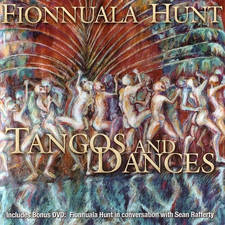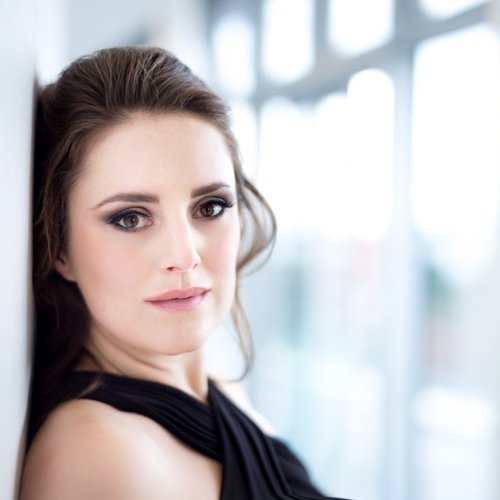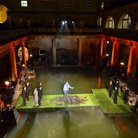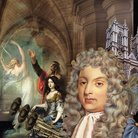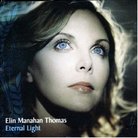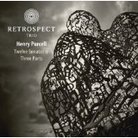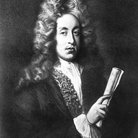Henry Purcell: An Appreciation
Henry Purcell was one of the great British composers whose mastery of the voice was absolute.
Can such an old English composer be any good?
Purcell was a creative phenomenon. By the time of his early death he had achieved such distinction that he was accorded a full burial in Westminster Abbey. His tomb stone carries the memorable inscription: ‘Here lyes Henry Purcell, Esq. who left his life, and is gone to that blessed place where only his harmony can be exceeded.’ He was only 36 when he died, yet he left behind him an astonishing amount of music, most of which, thankfully, has survived him.
Why did he die so young?
Purcell was alive well before composers achieved cult status, so information tends to be rather patchy. In fact the only corroborated fact relating to his early demise is that he was almost too weak to lift a pen to write his will on the day of his death.
What else do we know about him?
Even the date of Purcell’s birth and his parentage remain shrouded in mystery, but we do know that he was a prodigy, that he was only 20 when he was appointed Organist of Westminster Abbey, and that he was extremely popular in royal circles.
So why don’t we hear more of Purcell?
Sheer fate. Purcell was a creative one-off whose music has a strangely "ancient" feel, as though he’s pulling back 80 years towards the early Baroque. Also, rather than the popular concerto or mass, his output is centred around songs, anthems, services and incidental music.
But isn’t there also an opera?
Purcell’s Dido and Aeneas was the finest British opera until the premiere of Britten’s Peter Grimes over 250 years later. The scores for Dioclesian, The Fairy Queen, The Indian Queen and King Arthur are also so full and varied that they might be called semi-operas.
Didn’t Britten write a set of variations on a theme by Purcell?
Yes, and it is better known as the Young Person’s Guide To The Orchestra. Composed in just two weeks for a Crown Film Unit feature intended to introduce children to the various instruments of the orchestra, it is based on a theme from Purcell’s Abdalazar.
